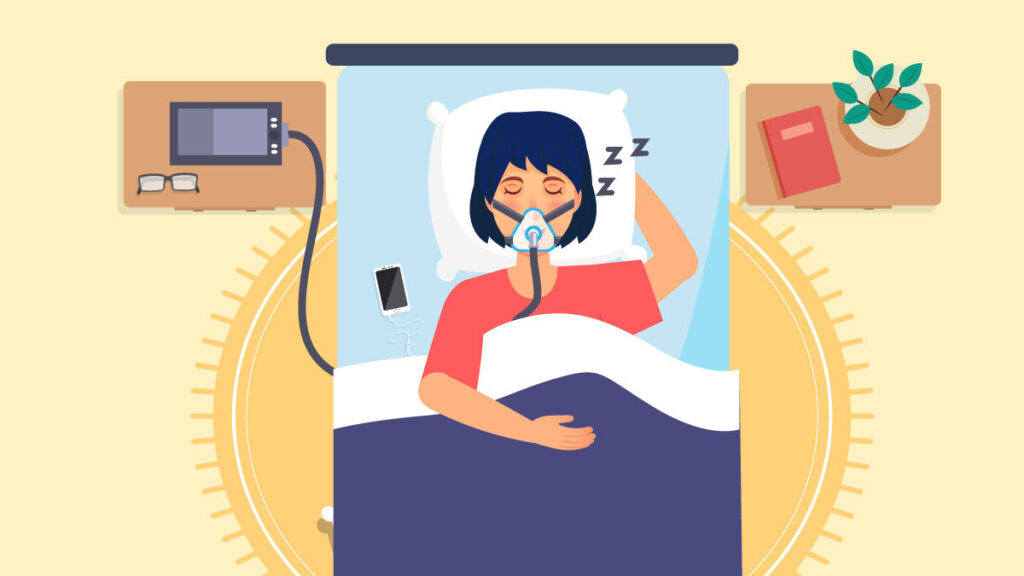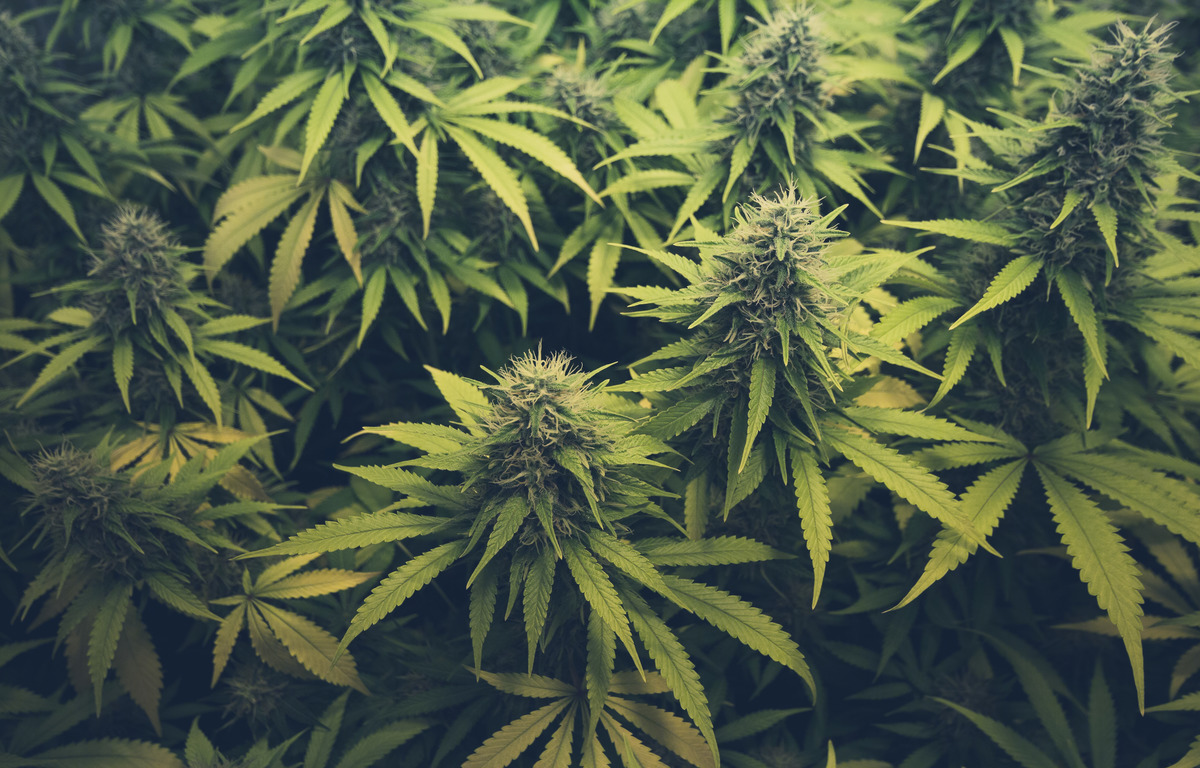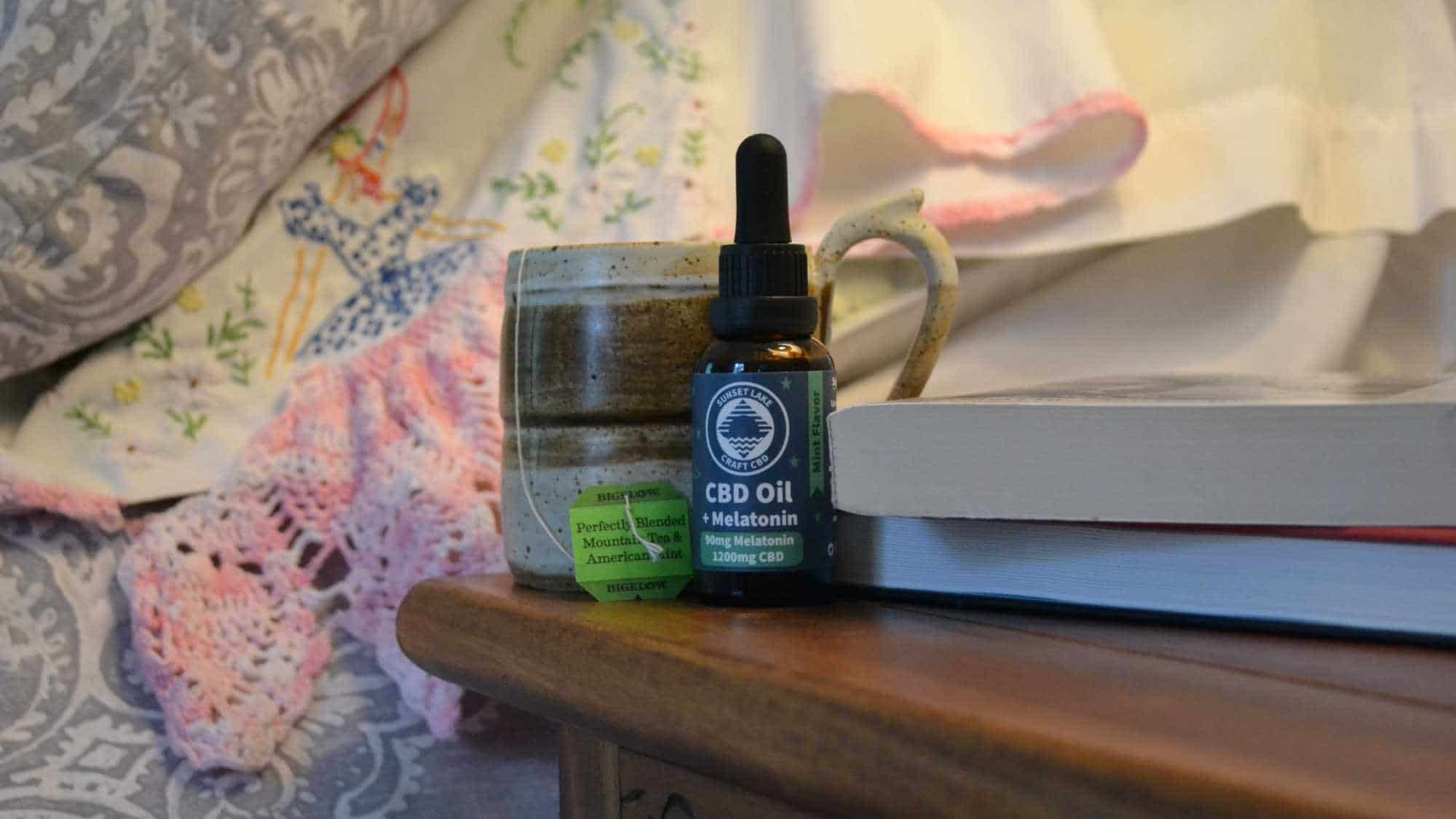Sleep apnea is a serious sleep ailment where you stop breathing randomly throughout the night . People who are affected by sleep apnea are repeatedly awakened by their own breathing due to the narrowed airway. So, you feel tired even after a snoring sleep. This can lead to fatigue, high blood pressure, diabetes, etc. Studies have shown that CBD reduces sleep apnea, since it is a muscle relaxant and a sleep inducer.
What Is Sleep Apnea?
Sleep apnea is a serious sleep disorder that happens when a person’s breathing is interrupted during sleep. People with untreated sleep apnea stop breathing repeatedly during their sleep, maybe hundreds of times. This can cause the brain – and the remainder of the body – to not receive sufficient oxygen.
There are 2 types of sleep apnea:
Obstructive sleep apnea (OSA): The more prevalent of the types of apnea, results from a blockage of the airway, generally when the soft tissue in the rear of the throat collapses during sleep.
Central sleep apnea: In contrast to OSA, the airway is not obstructed, but the brain is unable to signal the muscles to breathe, as a result of instability in the respiratory control center.
Causes Of Sleep Apnea
Many factors raise the risk, including a small upper airway (or large tonsils, tongue or uvula), a recessed chin, being overweight, small jaw or a big overbite, smoking and the use of alcohol, an abnormally largeneck size (17 inches or more in men or 16 inches or more in women), being 40 years or older, and ethnicity (Pacific-Islanders, African-Americans, and Hispanics are more commonly affected). Further, OSA appears to run in some families, indicating a possible genetic basis.

Symptoms Of Sleep Apnea
The most common symptoms of obstructive and central sleep apnea include:
- Episodes in which you stop breathing while sleeping
- Loud snoring
- Gasping for air during sleep
- Morning headache
- Dry mouth upon awakening
- Difficulty paying attention while awake
- Excessive daytime sleepiness (hypersomnia)
- Difficulty remaining asleep (insomnia)
- Irritability
How Is CBD Effective For Sleep Apnea
Studies indicate that CBD could be helpful to treat sleep apnea asit is a muscle relaxant. CBD also aids the patients to sleep more deeply and obtain relief from their disturbing mood. Further, CBD’s ability to lower the inflammation with its anti-inflammatory qualities can also help sufferers of sleep apnea.
Helps You Sleep
CBD oil enables you to rest while sleeping which improves memory and alertness. Science has revealed that healthy sleep-wake cycles are vital for humans. Drowsiness and inability to focus are the impacts of sleeplessness. You can never make up for lost sleep. Once it’s lost it can’t be regained. When you encounter trouble falling asleep at night, you cannot access or retain the non-REM phase of sleep. There are 2 forms of sleep: REM and NREM. Sleep disorders disrupt your normal REM cycle which should occupy nearly 75% of your sleeping time.
The amazing thing concerning CBD is that it aids with sleep due to its anti-anxiety properties and the capacity to promote relaxation. Instead of consuming extra melatonin, it increase the naturally occurring levels of melatonin present in the body.
Assists With Sleep-Related Disorders
CBD has displayed a positive impact on those who are afflicted with insomnia or other sleep-related disorders like restless legs syndrome, sleep apnea, and particularly sleep-related disorders linked to anxiety. Studies have highlighted CBD’s capacity to aid those fall asleep and feel better rested overall. These findings have been ascribed to CBD’s numerous health-based benefits like it’s anxiolytic (anxiety-restricting) properties. Studies have held that CBD’s capacity to reduce anxiety, by virtue of its anxiolytic effect, statistically assisted those persons who suffered from insomnia and different sleep-based disorders.
CBD aids to modulate serotonin levels and carries other advantageous properties including anti-inflammatory, antiemetic, antioxidant, anticonvulsant, and anxiolytic. These beneficial features fight ailments which can be ascribed to most sleep-based disorders. Surprisingly enough, CBD is commonly marked as being a sedative, in reality, CBD is displayed to have a slight though medically noticeable alertness effect. This gentle alert sensation is since CBD stimulates the adenosine receptors in your brain. The research suggests that CBD appears to lessen effect Rapid Eye Movement sleep. Those persons who took CBD prior to sleep had a significant lowering in their recollection of dream sleep, a major sign that CBD affects REM sleep. In case you are unaware, REM sleep is the phase of sleep wherein we experience elevated neurological activity, bodily movement, dreaming, and quicker pulse and breathing rates.
CBD releases dopamine which leads to increased sense of alertness. By increasing wakefulness, CBD has also displayed to lessen slow wave sleep and REM sleep. These findings indicate that this cannabinoid is a wake-inducing compound that probably activates neurons in the lateral hypothalamus (LH) or dorsal raphe nuclei (DRN).
Conclusion
There is anecdotal evidence to reveal that CBD serves as an excellent option for people with sleep apnea. It won’t make you high, but it will lessen the effects of your sleep apnea, offer you sufficient sleep, and prevent the long-term health complications linked to the disease. The impact seems to be dose dependent and the more CBD you consume, the better the effect when tackling sleep apnea.


